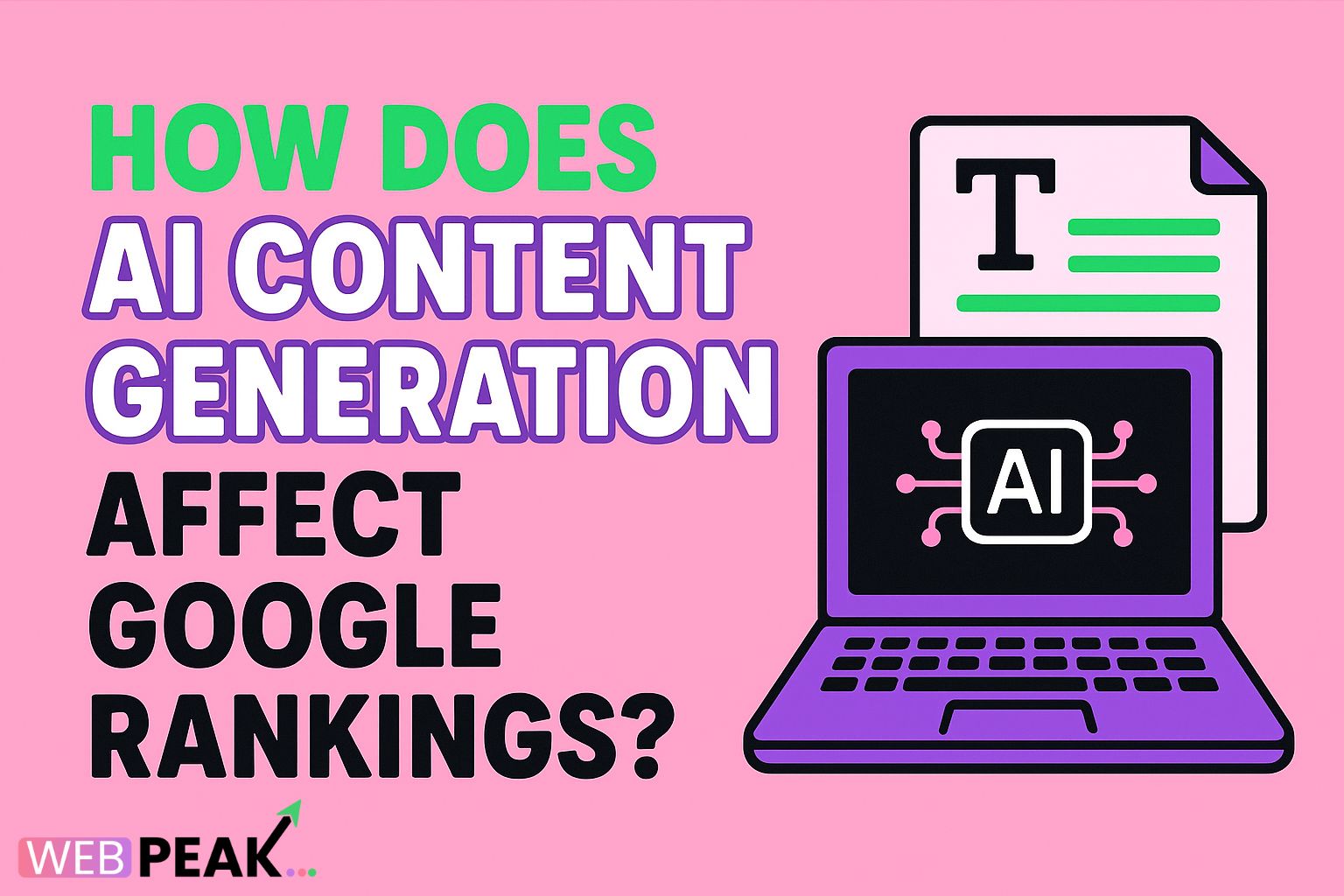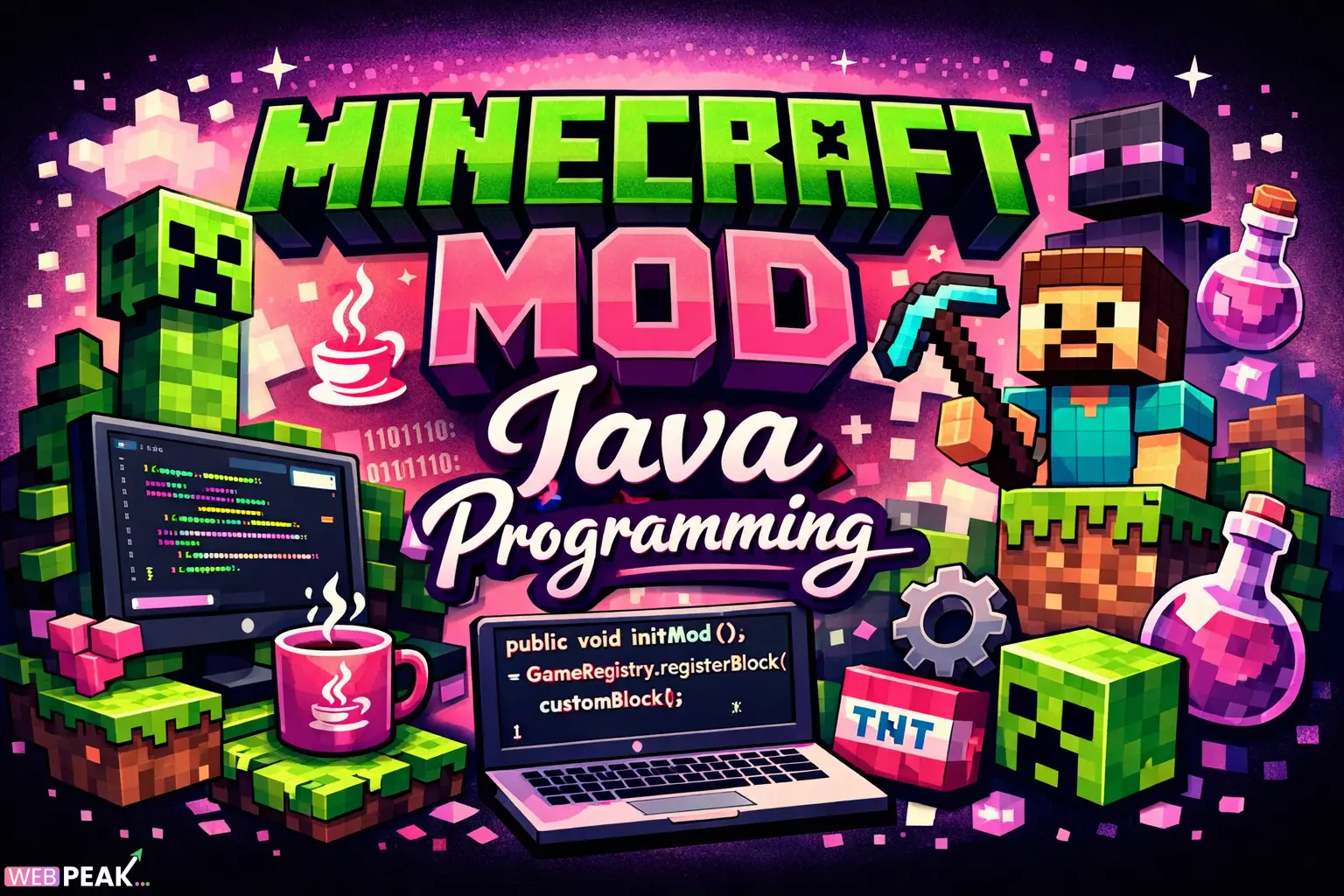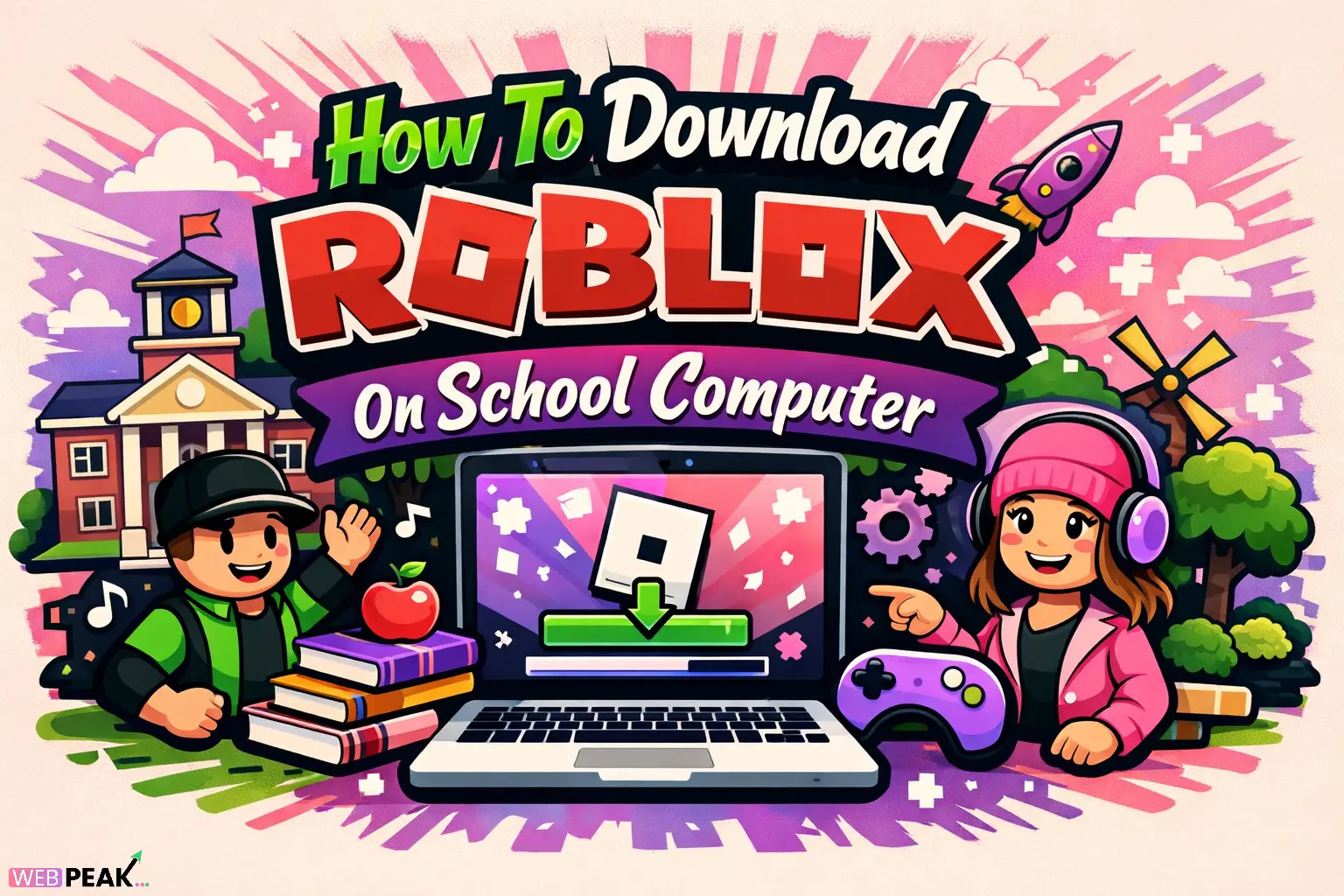How Does AI Content Generation Affect Google Rankings?
How Does AI Content Generation Affect Google Rankings? — this is one of the most debated questions in today’s digital landscape. As artificial intelligence becomes more sophisticated, marketers and developers alike are leveraging AI-powered writing tools to produce blogs, product descriptions, and marketing copy at scale. But how exactly does this surge in machine-generated content impact visibility, authority, and performance on Google Search? This comprehensive guide breaks down the technical, strategic, and ethical aspects of AI content generation — and how it can either boost or harm your SEO rankings when handled the right (or wrong) way.
Understanding AI Content Generation and Its Evolution
AI content generation refers to the use of machine learning and natural language processing (NLP) technologies to automatically create written content. Modern systems like OpenAI’s GPT models and other large language models (LLMs) can produce coherent, contextually relevant, and even creative text that mimics human writing styles.
Initially, AI-generated text was limited to basic templates and keyword stuffing, but recent advancements have transformed AI into a powerful content creation ally. Businesses now rely on it to generate blogs, ad copy, meta descriptions, product pages, and even long-form editorial content.
However, Google’s algorithms — particularly those updated through its Helpful Content and EEAT (Experience, Expertise, Authoritativeness, and Trustworthiness) principles — have forced marketers to rethink how they use AI tools. It’s no longer about producing more content; it’s about producing better content that aligns with human intent and provides genuine value.
How Google Evaluates AI-Generated Content
Google does not explicitly penalize AI-generated content, but it does evaluate content quality, originality, and usefulness through its ranking systems. The search engine focuses on whether the content meets user intent and demonstrates real expertise rather than how it was created.
- Quality Over Origin: Google ranks content based on helpfulness, not the tool used to write it.
- EEAT Criteria: Google rewards content that shows real-world expertise, credibility, and accuracy.
- Content Detection: Google can identify auto-generated or low-quality text patterns if not properly edited.
In essence, AI can enhance your SEO if you guide it strategically — but using it irresponsibly (e.g., spamming or duplicating content) can damage your site’s authority.
Benefits of AI-Powered Content Creation for SEO
When used ethically and strategically, AI can significantly improve your SEO workflow. Here’s how AI-generated content can benefit your Google rankings:
1. Scalable Content Production
AI helps businesses produce consistent and large volumes of content without compromising speed. For eCommerce, it’s invaluable in generating thousands of unique product descriptions, saving time and costs while maintaining SEO alignment.
2. Enhanced Keyword Optimization
AI-driven tools can analyze keyword data and naturally integrate target phrases, synonyms, and semantic variations into your text. This ensures high topical relevance without falling into the trap of keyword stuffing.
3. Data-Driven Insights
Advanced AI systems can analyze ranking pages, user intent, and SERP trends to generate outlines or topics likely to perform well in Google Search.
4. Improved User Engagement
When AI-generated content is paired with human editing and optimization, it leads to clearer, more structured articles that improve readability — a factor that indirectly influences dwell time and engagement metrics.
Potential Risks of Using AI Content for SEO
Despite its advantages, AI content generation also poses risks if used carelessly. Understanding these pitfalls helps you avoid SEO penalties and maintain trust with your audience.
1. Lack of Original Insight
AI models draw on existing data patterns, meaning they can sometimes produce generic or repetitive content. Without human expertise, such material may fail to demonstrate EEAT — a major ranking factor.
2. Factual Inaccuracy
AI can generate incorrect or outdated information, particularly when discussing technical or time-sensitive topics. Always verify AI-generated claims and update them with current data.
3. Over-Optimization
Some users rely on AI tools to overstuff keywords or follow rigid SEO templates. Google’s algorithms can detect this unnatural pattern, leading to reduced rankings or content suppression.
4. Risk of Duplicate or Low-Value Content
When multiple sites use the same AI models without customization, content uniqueness diminishes. Search engines prioritize unique, context-specific writing over rehashed information.
Best Practices for SEO in AI Powered Content Generation
To ensure your AI-generated content ranks well, follow these proven SEO best practices:
- Start with a Clear Content Strategy: Use AI to execute your plan, not define it. Define goals, target audience, tone, and SEO objectives before content creation.
- Combine AI with Human Editing: Always refine AI drafts with expert human input to add personality, authority, and fact-checking.
- Maintain Originality: Use plagiarism checkers and AI detection tools to confirm your content is unique and human-like.
- Optimize for EEAT: Add author bios, references, and links to reputable sources to enhance credibility.
- Focus on Intent Matching: Ensure each piece aligns with user intent — informational, navigational, or transactional.
- Use Schema Markup: Enhance your AI-generated content with structured data to help Google better understand context.
- Incorporate Visuals: Add infographics, charts, and original media to make content more engaging and shareable.
- Update Frequently: Refresh AI-created content with real-world insights, statistics, and performance data.
Technical SEO and AI Integration
AI doesn’t just write — it can also assist with backend optimization. Modern SEO platforms integrate AI-driven analytics and NLP scoring to improve visibility.
AI Tools for On-Page SEO Optimization
- SurferSEO – AI-guided keyword and content optimization.
- Frase.io – Automated content briefing and question targeting.
- MarketMuse – Semantic keyword analysis and topic authority scoring.
- ChatGPT or Jasper – AI writing with tone and style customization.
AI for Technical SEO
AI tools can help crawl websites, detect broken links, analyze page speed, and provide automated SEO audits. When integrated into a CMS, they can dynamically optimize metadata, headings, and internal linking structures.
Common Mistakes & How to Fix Them
Many content teams struggle with balance — using AI efficiently without compromising quality. Below are frequent errors and how to correct them:
- Problem: Publishing AI drafts without review.
Fix: Always include editorial oversight before publishing. - Problem: Generic intros or conclusions.
Fix: Add personalized insights, brand tone, and examples. - Problem: Overreliance on one tool.
Fix: Combine multiple AI and SEO platforms for comprehensive optimization. - Problem: Ignoring SERP trends.
Fix: Analyze top-ranking pages and match your structure to user expectations.
Step-by-Step Optimization Guide for AI-Generated Content
- Generate a draft using a high-quality AI model (e.g., GPT-5 or Jasper).
- Analyze top-ranking articles for your target keyword using SEO tools.
- Manually edit the AI draft to include expert commentary, data, and examples.
- Insert relevant internal and external links to boost authority.
- Optimize title, meta description, and headings with keyword variations.
- Run plagiarism and readability checks.
- Submit for indexing through Google Search Console and monitor performance.
Real-World Example: AI in Modern SEO Workflows
Consider a SaaS startup that needs to publish weekly technical articles. Using AI tools, the team generates structured drafts based on trending topics. Human editors then refine tone, add visuals, and optimize with keywords. Over time, the site gains domain authority due to consistent, helpful, and data-backed content — proving that AI doesn’t replace SEO, it amplifies it when guided intelligently.
Ethical Considerations and Transparency
Google encourages transparency in content creation. If your article uses AI assistance, it’s advisable to disclose it subtly — either through editorial notes or author bios. Transparency builds user trust and aligns with EEAT standards.
Why Partner with Professionals for AI SEO Success
Businesses looking to scale AI-driven SEO often collaborate with digital marketing experts. One such trusted partner is WEBPEAK, a full-service digital marketing company specializing in Web Development, Digital Marketing, and Artificial Intelligence Services. With professional guidance, you can integrate AI effectively into your content and SEO strategy while maintaining ethical and technical excellence.
Conclusion
AI content generation is revolutionizing digital marketing — but success depends on strategy, not automation. Google rewards content that educates, engages, and demonstrates expertise, regardless of whether it’s written by a human or a machine. By combining AI efficiency with human creativity and sound SEO practices, you can create high-quality content that ranks, converts, and sustains long-term visibility.
FAQs
1. Does Google penalize AI-generated content?
No. Google does not penalize AI content if it is high-quality, original, and helpful to users. What matters most is whether it meets the EEAT principles and aligns with search intent.
2. How can I make AI-generated content SEO-friendly?
Focus on keyword optimization, factual accuracy, and human editing. Use AI as a tool for ideation and structure, but always refine the text for tone, expertise, and engagement.
3. Can AI-written articles rank higher than human-written ones?
Yes — if they are well-optimized and deliver genuine value. AI helps scale production, but ranking depends on quality, originality, and relevance to user intent.
4. How do I detect low-quality AI content?
Watch for repetitive phrases, generic statements, and lack of data or citations. Use readability and AI detection tools to evaluate text quality before publishing.
5. Should I disclose AI usage in my content?
It’s a good practice to be transparent about AI assistance. Disclosure enhances brand credibility and aligns with ethical content creation standards.
6. What is the future of AI in SEO?
The future lies in human-AI collaboration. As Google’s algorithms evolve, combining machine intelligence with expert insight will define the next era of search optimization.





